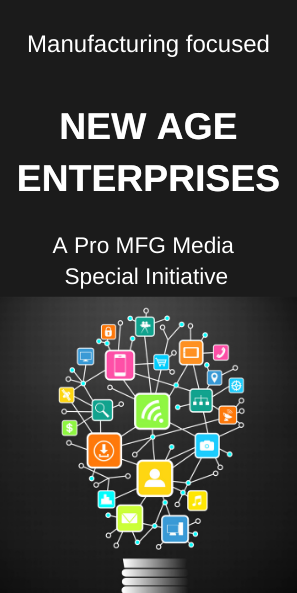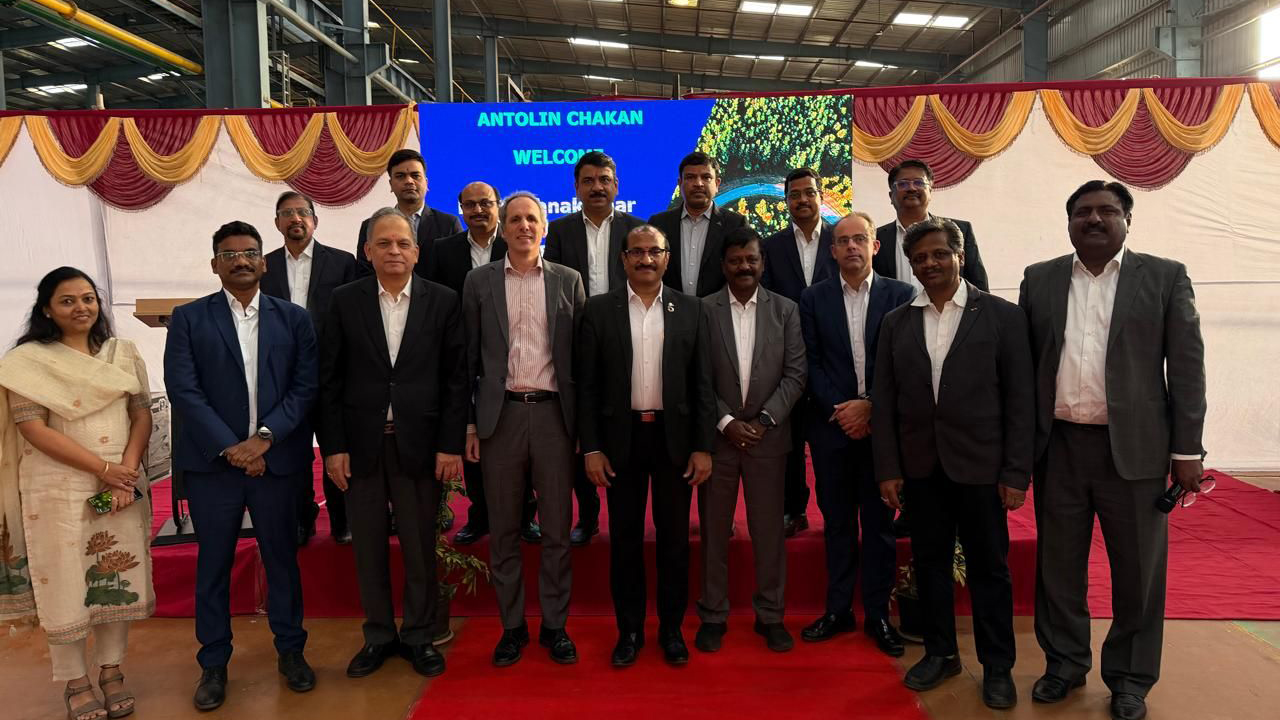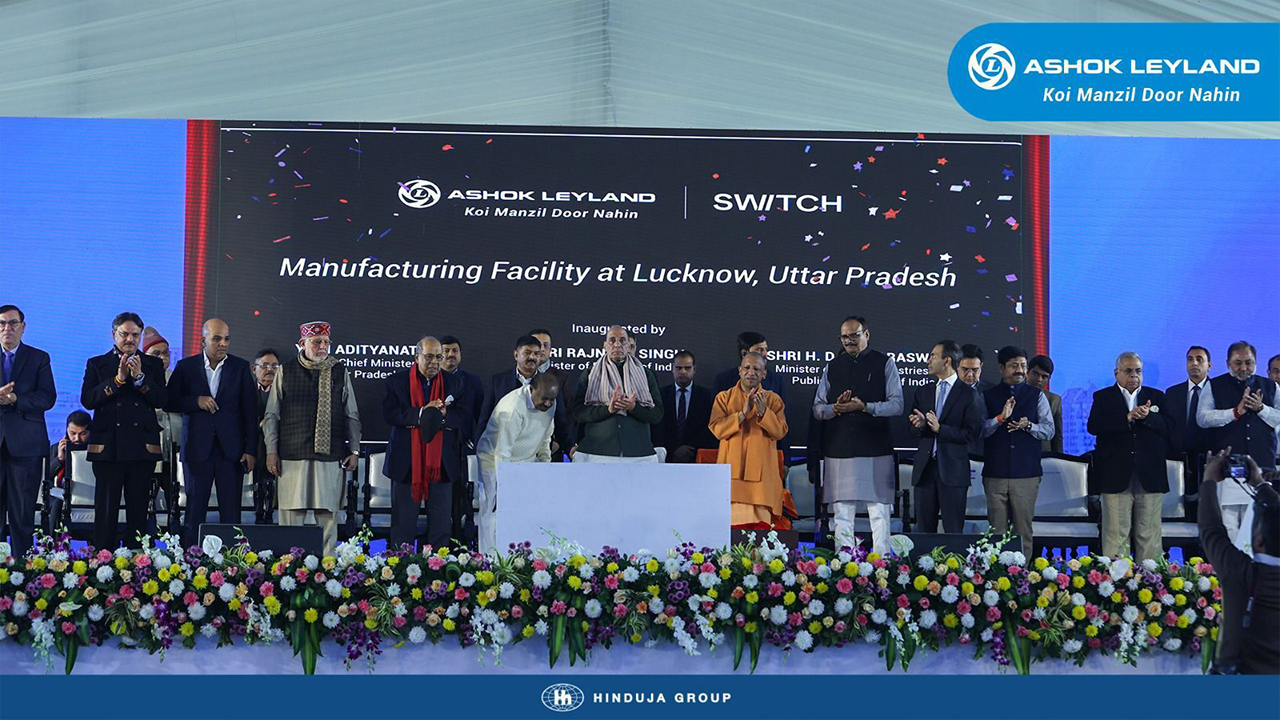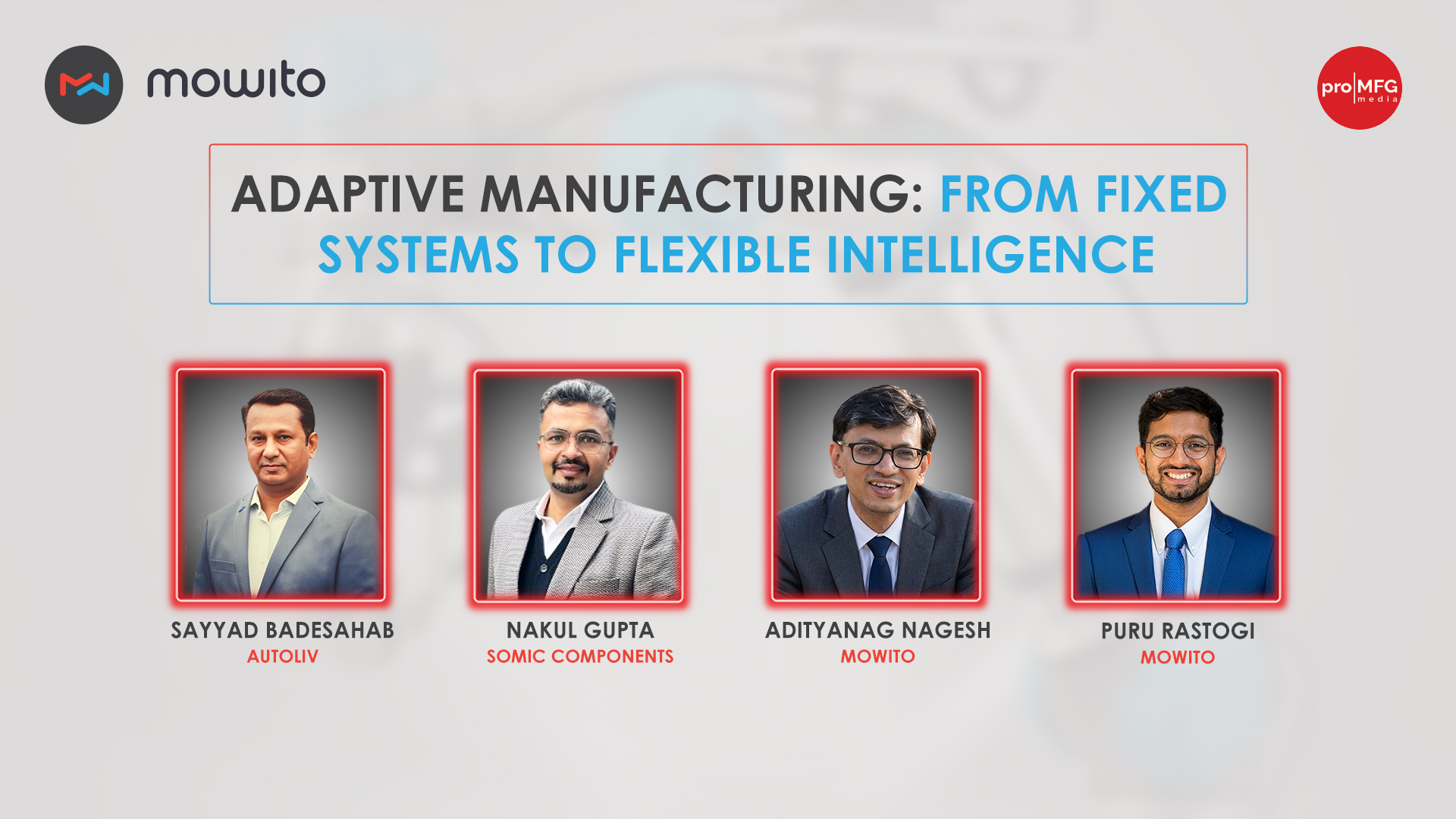It is Time for Indian Machine Tool Industry to Overcome its Challenges
#Machinetool #Caparo #ManufacturingSectorMr. Amrendra Singh brings with him an experience of 27 years within the automotive sector. He is responsible for the four manufacturing units of Caparo here in India, Pithampur, Dewas, Rudrapur and Chopanki. His key function areas include, manufacturing, quality, operations, product development, process engineering and site in charge. Prior to joining Caparo, he has worked with Maruti Suzuki India.

Machine tool industry is the most vital element of the Manufacturing industry. The increased industrialization paved the way for machine tool industry and Indian machine tool industry country is set to become a key player in the global machine tools industry.
Although the machine tool market in India is poised to grow by USD 1.9 billion during 2020-2024, progressing at a CAGR of nearly 13% during the forecast period, there are several challenges faced by the industry. According to the data, high – end technology machine tools are still majorly imported in India. The recent announcement of Atmanirbhar Bharat has brought relief among the industry leaders as it will reduce import dependency.
Indian machine tool industry must focus on the challenges faced by the organization as it is the need of the hour.
⮚ Excellent quality of tool design: Tool design is fundamental to the manufacturing industry. The cost of manufacturing and of the end products are directly proportional to the tool design. An excellent quality of tool design will reduce costs, and enable quick deliveries. Its efficient user friendly feature helps the manufacturer in the process of developing the product.
⮚ Efficient Execution: Often teams miss out on marking down observation during Design Approval Process (DAP) which eventually impact the implementation process. The observations must be immediately implemented in the process for better output.
⮚ Effective Communication: The processes of machine tools such as machining, fitting, and assembly must be followed as per the design. It is the responsibility of the team to inform the design team for any changes performed during operation. This will keep the design team updated in the process and they can correct the changes as required.
⮚ Collect & Manage Data: In the current era, data plays a vital role in an organization's success. Since digitalization and IIoT is becoming a norm in the manufacturing sector, data analytics and data will be immensely useful for the maintenance of tools in the future.
⮚ Import and Export Challenges: The growing economic uncertainty, trade – wars, and pandemic have resulted in global economy slowdown. The import duties on raw materials, metal components, and machinery affected the exports of the machine tool industry badly. It is essential to have smooth flow in the import and export of the machines.
⮚ Increase Productivity: Machine tools and manufacturing equipment operate in high-demand environments; hence it is essential that organizations opt for long – lasting solutions to ensure continuous operation. Simultaneously, machine tool operators need a solution that can meet the large turnover and increasing speed and precision requirements.
⮚ Reskilling & Skill Development: In the digital era, digitalization and IIoT technologies are becoming an integral part of the processes, employees must learn and reskill to match the requirements of the manufacturing industry in India.
NEWSLETTER
TRENDING ON PRO MFG
MORE FROM THE SECTION









